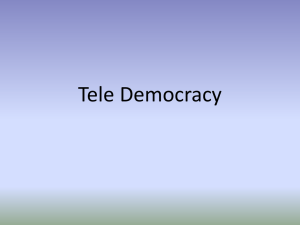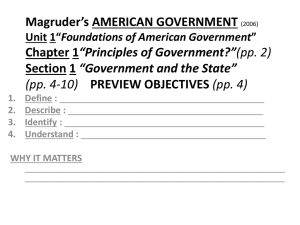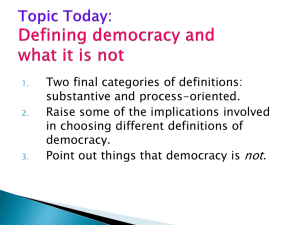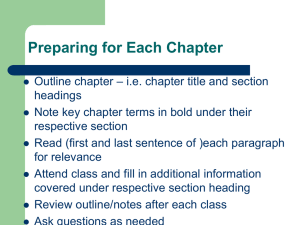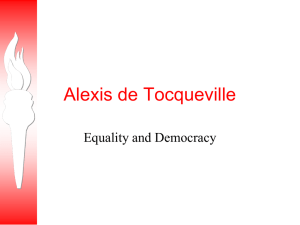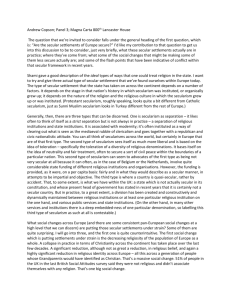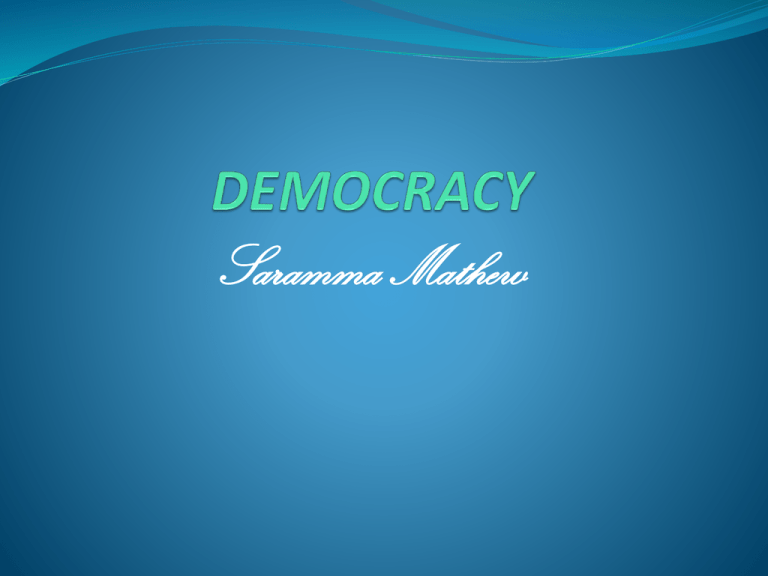
Saramma Mathew
DEMOCRACY
Democracy is considered as the government of the people by the
people and for the people.
-Abraham Lincoln
Democracy is a way of life, a determining influence in
every major area of life.
-Boyd and Bode
liberty
Implies freedom given to the individual to develop
his own abilities as he thinks best, without being
restricted by eternal factors.
This is possible only when no single individual has
unlimited power and no individual misuses the
rights given to him
Equality
If Democracy is to be successful it is necessary for every
individual to be socially, politically and economically
equal.
Equality does not imply neglect of individual differences
but it means equality of purpose or equal opportunities.
Fraternity
The ideal of brotherhood is necessary for the psychological
feeling of unity the real difficulty of lies not in establishing a
democratic government but in establishing a democratic
society to which democratic government is but an agency.
Fraternity implies co-operation the basis on which society
can work to gather and live in peace together.
Justice
Moral rightness based on ethics, rationality
and law
Social, economic and political justice
Eradication of inequality and injustice
Political democracy
A form of government in which the ruling power of the state is listed
with few member of the community
In a democracy it is not the individuals who rule the country rather
it is governed by the rules and regulations
Although a democratic government is a representative of the
majority it takes care to protect the rights of minorities
Political democracy emphasis that no citizen is discriminated on
the basis of sex, race, religion or any other ground that distinguishes
them from others.
Social democracy
It emphasis on equality and brotherhood between all individuals.
It also implies that one must treat one self and other as having
inherit value and the good of another is not less valuable than ones
own good.
In such a state everyone would behave in such a way that it would
promote the good of another while trying to achieve self goals.
Economic Democracy
recognises, the right of individuals to earn their livelihood without
interference or obstruction.
right to earn wealth does not become a means to control means of
production and create economic disparities
To maintain equality democratic institutions enact legislations to
protect the rights of working class and the backward class.
Democracy believes in economic welfare of individuals without
exploitation.
Educational Democracy
This envisages equal opportunities for education.
It also works at eliminating disparities due to lack of
resources.
Admissions based on social justice.
It gives provision to include socially and economically
backward individual in mainstream education.
Educational democracy also presuppose academic freedom
SECULARISM
“Morality should be based solely in regard to the
well being of mankind in the present life to the
exclusion of all consideration drawn from belief in
God”
-Oxford Dictionary
The word Secularism was derived from the Latin
word secular meaning present age.
Principle of secularism according to Holydake
•Principle of primary emphasis on the material and
cultural improvement of human beings.
•Principle of respect for and search for all truth.
Whatever be its source, which can be tested in
experience leading to human betterment.
•Principle of concern for this world or age and its
improvement.
•Principle of independent rational morality which
does not base itself in faith or divine commandment.
Indian Concept of Secularism
There will be no state religion.
The Indian understanding of secularism can be
summed in the word of mahatma Gandhi as follows
“My veneration for other faith is the same as for my
own faith we believe in sarva-dharmasamabhavana. Having equal regard for all faiths
and creeds.
Characteristics of a secular state
“ Prof. Donald. E Smith.
• A Secular state functions in a way independent of
religion
•A Secular state treats all religions on equal
•A secular state permits individual and collective
freedom of religions
•A secular state views all individuals as citizens with
equal
•A secular state is not against religious but may
restrict religious freedom or religious practices in
public interest of harmony




![“The Progress of invention is really a threat [to monarchy]. Whenever](http://s2.studylib.net/store/data/005328855_1-dcf2226918c1b7efad661cb19485529d-300x300.png)


